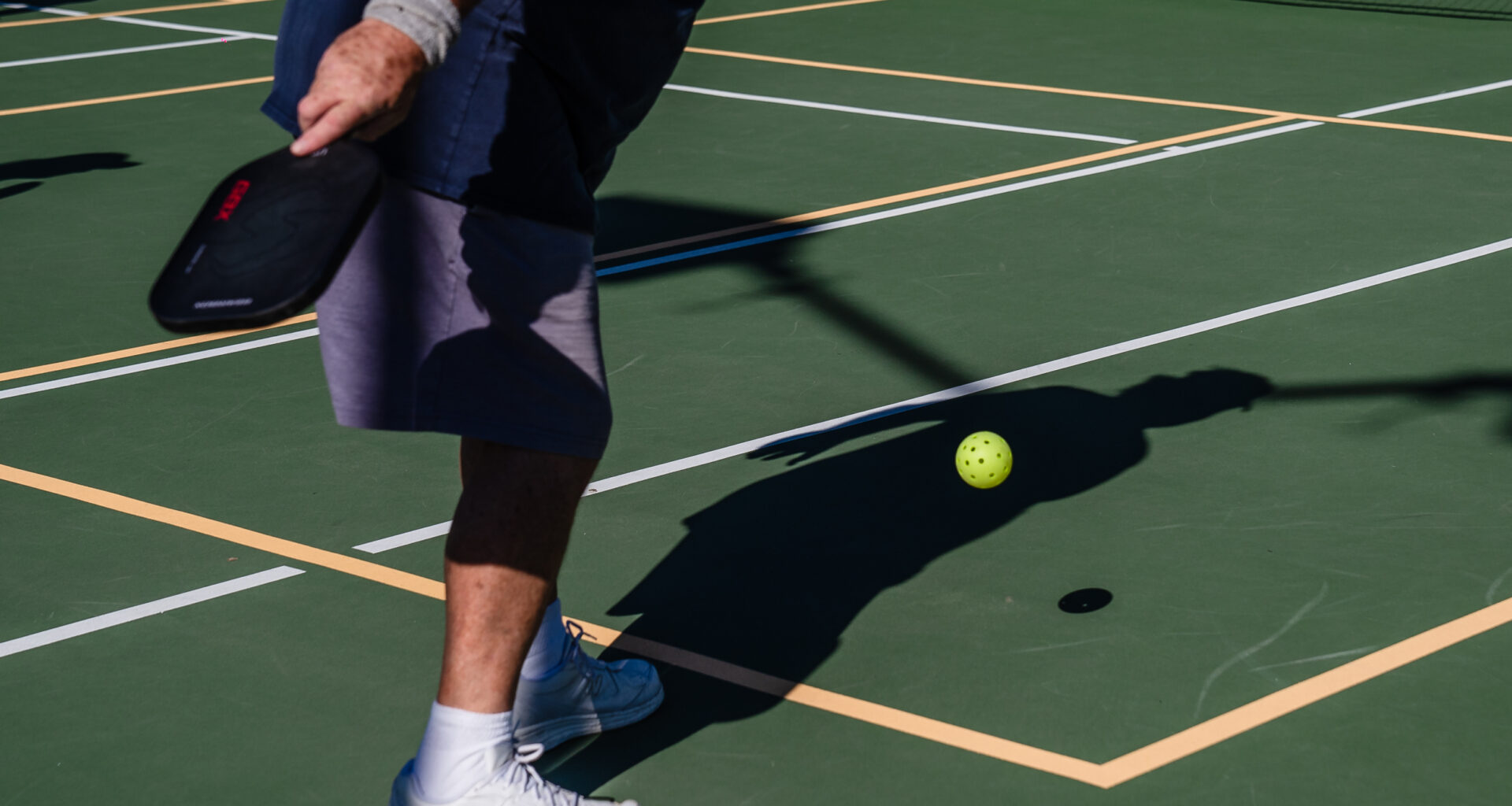Boyland is the founder of the Pickleball Association of San Diego.
As San Diego reflects on its past and imagines its future, there’s one small but powerful lever that could reshape how our parks serve the public: reforming the city’s outdated system of “special-use permits.”
Special-use permits are long-term agreements the city grants to select nonprofits, giving them exclusive control over public sports facilities for years at a time. Unlike day-use permits that anyone can request for a single event, these permits function more like private leases — the operator manages the site, collects revenue and sets the rules. But unlike leases, they’re rent-free and involve no public application or competition.
With demand for recreational space growing, the city has a responsibility to modernize how it manages long-term access. Right now, the system leaves huge potential untapped.
Today, just 13 sports organizations hold these permits: 12 are tennis clubs and one is a youth baseball league. All receive rent-free control of public land for years at a time, with no public application, virtually no performance review and no opportunity for others to compete.
One additional tennis facility, Barnes Tennis Center, operates under a separate, 35-year lease with the city, paying just $600 a year for 12 acres of public land. But the common thread remains: locked-in access to prime public space with no mechanism for new applicants to apply or compete.
Our nonprofit, the Pickleball Association of San Diego, filled out a blank special-use permit form and submitted a proposal to repurpose six underused tennis courts at Robb Field into 20 pickleball courts. We proposed to cover all costs ourselves — resurfacing, fencing, an open-air clubhouse, bathrooms, maintenance, a 24-hour attendant — and offered to pay $100,000 a year in rent. By comparison, current permit holders pay no rent under the city’s system. The city’s reply was clear: there is no process for new applicants to compete for these permits.
When we inquired with the Parks and Recreation Department about applying, no clear process was provided. So, we submitted a blank permit template we found online, only to be told there was no pathway for new applicants to compete. That should raise alarms not just for pickleball players, but for anyone who believes public land should be managed transparently and in the public interest.
In June 2023, we presented a year’s worth of utilization data to the city’s Parks and Recreation Board. Using drone footage and hundreds of days of reservation logs, we found that some clubs averaged roughly one-third usage during their own operating hours — and under half at peak times. At prior meetings, Peninsula Tennis Club Chair and Barnes Board Member Todd Sprague responded that there were no city utilization requirements and that the club was in good standing under its special-use permit.
Not only is there no competition for these permits – there’s no baseline for evaluating whether they serve the public good. Several clubs operated for years without valid permits.
In one case, a club was allowed to continue operating despite failing to meet its staffing obligations under the permit. That same club regularly closed at noon on weekends, reducing public access during times of highest demand.
This isn’t a system built for the future. It’s a system designed to protect the past.
This isn’t just about pickleball. It’s about whether San Diego is willing to use facts, fairness and public benefit to govern access to public land.
Special-use permits are powerful tools, but without standards, competition or accountability, they become private entitlements. The longer the city waits to modernize this process, the more opportunities – and public benefit – are lost.
San Diego can, and should, do better.
The city should create a modern, competitive process for allocating these permits with open applications, clear public-benefit criteria, court usage tracking and regular evaluations. There should be a way to reassess who’s best equipped to serve the community.
That doesn’t mean ending partnerships that work. It simply means others should have a chance to contribute – and every inch of public space should be put to good use.
Like many other cities, San Diego needs a system that is fair, transparent and responsive to changing needs.
A more inclusive, accountable parks system isn’t just possible – it’s necessary. And the choices we make today will shape San Diego’s public spaces for the next 20 years.
